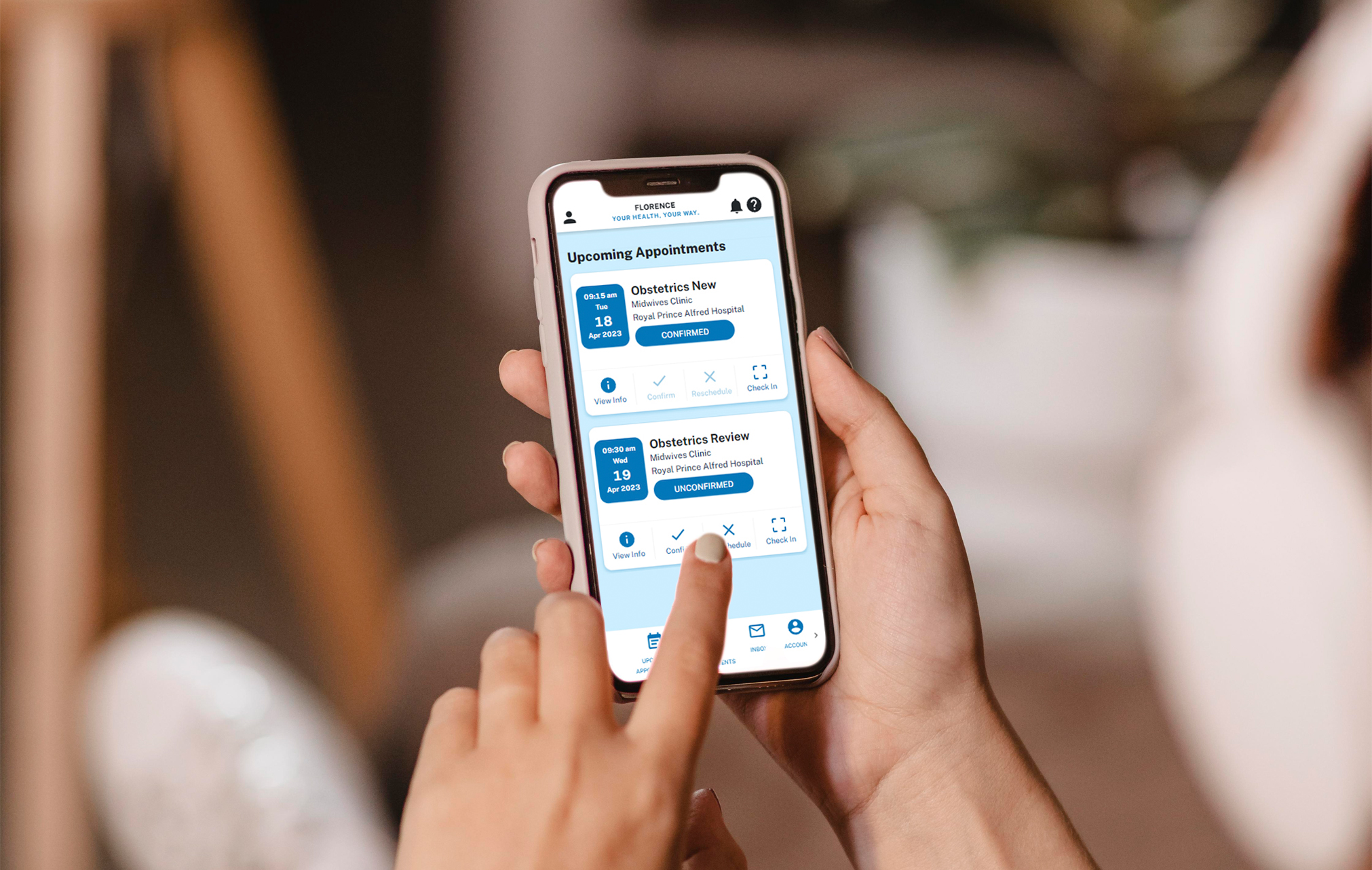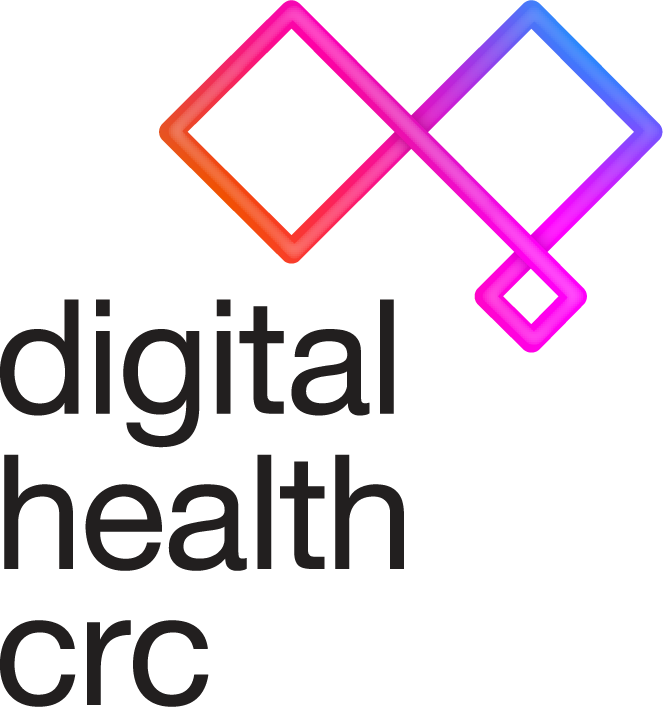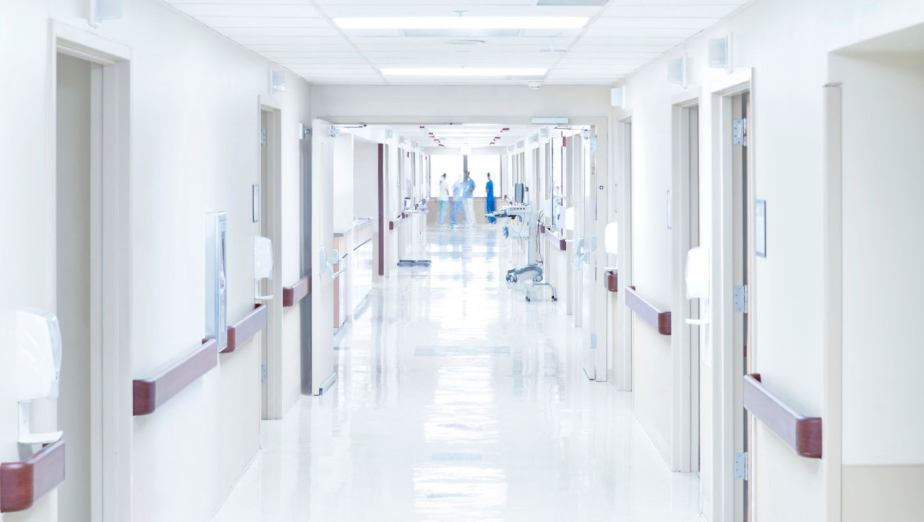The Digital Health Cooperative Research Centre (DHCRC), with Sydney Local Health District (the District) and researchers from the University of Sydney, will undertake a research project aimed at expanding the utilisation of technology developed by the District and digital health technology specialists at Five Faces to address the ever-growing challenge of increasing wait times for specialist medical appointments.
Named for Florence Nightingale, Florence is a digital patient appointment management and engagement platform that was established in the District during the COVID-19 pandemic to streamline patient management and delivery of COVID-19 vaccinations. It has since evolved to meet outpatient needs and is currently being rolled out District-wide.
This research project will evaluate the impact of Florence on patient experience and explore opportunities to use the technology to improve healthcare delivery more broadly, with a targeted focus on Culturally Linguistic and Diverse (CALD) populations and older Australians to ensure healthcare delivery is improved for all.
“This project illustrates the role the DHCRC can play in bringing together industry, the health sector and academia to deliver a solution that supports clinicians and improves patient outcomes.” said DHCRC CEO Annette Schmiede. “The COVID-19 pandemic accelerated the implementation of digital health interventions into health services and this initiative will help embed and scale a valuable technology solution that will deliver long term benefits.”
Florence facilitates multiple patient touchpoints, including a patient portal (to self-manage appointment bookings), self-service kiosks (for patient check-in and queue management), and streamlined workflows to enable more efficient patient flow for healthcare workers.
“Project Florence is expected to achieve a number of benefits and this project will evaluate and demonstrate these, to inform scale-up of the technology,” said Professor Melissa Baysari, lead investigator from the University of Sydney.
Phase two of this research project will then look to deepen the clinical value of Florence by developing predictive analytics tools to forecast clinic wait times and further streamline workflows. This real time data captured through Florence will allow better management of patient flow by predicting expected rates of cancellations, wait time trends, no-show volumes, and consultation times.
“Longer wait times contribute to poorer clinical outcomes, increased patient anxiety, delayed access to treatment, patient dissatisfaction, increased costs, and inequitable access to care,” said Five Faces CEO Nicole Nixon. “Florence looks to directly address these challenges by holistically enriching the delivery of healthcare and directly improving patient experiences.”
District Chief Nursing and Midwifery Information Officer, Associate Professor Aaron Jones, says the population serviced by the District is expected to grow by 30% by 2026, with an already increasing demand for public and private health services.
“There is an urgent need to develop scalable and sustainable solutions to meet the growing demand for health care services, and we feel that Florence will assist in this,” Associate Professor Jones said.
“With COVID-19 we saw digital health interventions being deployed quickly without time for evaluation, and now we expect to see a rapid change again in changes to patient flow.
“We are hoping that through our action focused research approach and optimisation of Florence, we will be able to enhance healthcare delivery and improve patient experiences.”
The Florence research project will commence in April at Sydney Dental Hospital.
About Digital Health CRC
The Digital Health CRC Limited connects government, academia and industry to accelerate the implementation and translation of evidence-based digital health technologies that solve the most pressing healthcare challenges. We are co-funded through the Commonwealth Government’s Cooperative Research Centres (CRC) Program, and by our Participant organisations.




